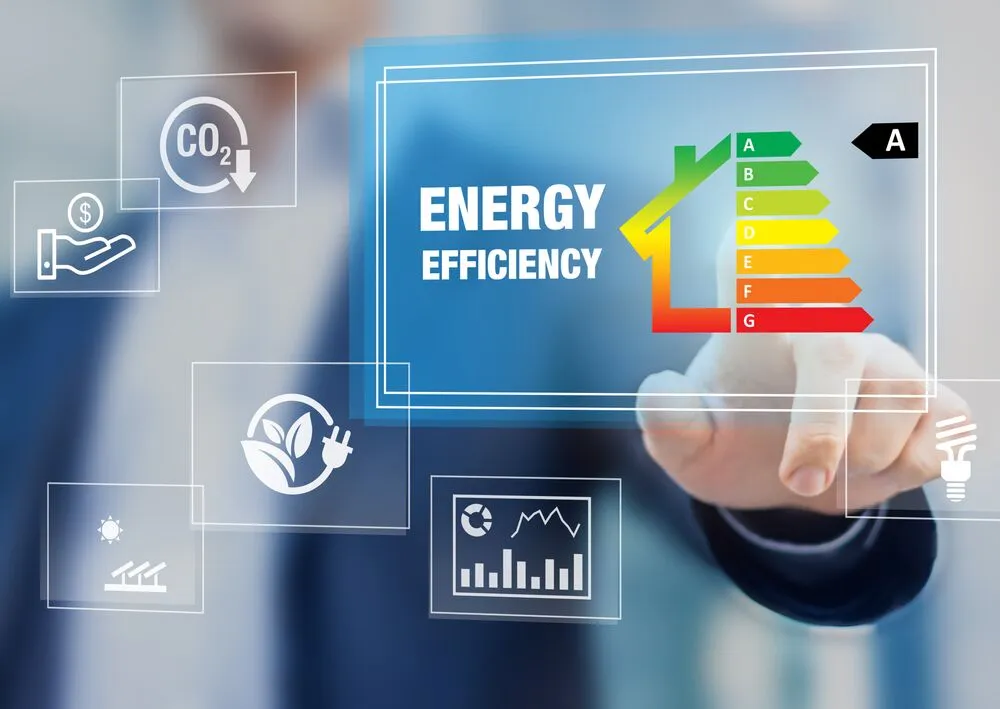IEC 60034 Efficiency Testing of Smart Motorized Devices
The International Electrotechnical Commission (IEC) standards provide a robust framework for ensuring the reliability, safety, and efficiency of electrical equipment. The IEC 60034 series specifically focuses on motors and generators, offering guidelines for their design, manufacture, and performance evaluation.
Smart motorized devices are at the forefront of modern technology, integrating advanced electronics to control power consumption and optimize operational efficiency. Testing these devices according to IEC 60034 ensures they meet stringent energy efficiency criteria and contribute positively to global sustainability goals. This testing involves a comprehensive evaluation of various parameters including but not limited to motor speed, torque, and electrical resistance under different load conditions.
The process begins with rigorous preparation of the smart motorized device for testing. This includes ensuring all electronic components are properly connected and calibrated according to manufacturer specifications. Once prepared, the device is subjected to a series of tests designed to assess its efficiency across various operational scenarios. These tests may include running the motor at different speeds while measuring current draw, observing temperature rise, and evaluating overall performance.
Advanced instrumentation plays a crucial role in this testing process. High-precision ammeters, voltmeters, and wattmeters are used to monitor electrical parameters accurately. Temperature sensors help track changes in ambient conditions which could affect the motor's efficiency. Additionally, specialized software tools assist in analyzing data collected during each test run, providing insights into areas where improvements can be made.
The results of these tests are critical for manufacturers as they provide detailed information about how efficiently their smart motorized devices operate under real-world conditions. Compliance with IEC 60034 ensures that products meet international standards and can be marketed globally without concerns regarding non-compliance issues. By adhering to these stringent requirements, companies not only enhance customer satisfaction but also contribute towards reducing energy wastage which is beneficial for both the environment and society at large.
Given the increasing importance placed on sustainability initiatives worldwide, many organizations are looking into ways they can reduce their carbon footprint by adopting more efficient technologies. Testing smart motorized devices against IEC 60034 helps achieve this goal by identifying opportunities to improve energy efficiency within these products. As standards evolve so too must our testing methodologies; staying ahead of regulatory changes ensures continued leadership in the industry.
- Compliance with International Standards: Ensures adherence to globally recognized benchmarks for electrical equipment performance.
- Enhanced Product Quality: Identifies potential issues early on, allowing manufacturers to address them before product release.
- Sustained Competitive Advantage: Establishes trust among consumers regarding the reliability and effectiveness of smart motorized devices.
Environmental and Sustainability Contributions
Testing for energy efficiency is not just about meeting regulatory requirements; it also contributes significantly to environmental protection. By ensuring that smart motorized devices consume less power without compromising on functionality or performance, manufacturers play a crucial role in reducing greenhouse gas emissions associated with electricity generation.
The use of renewable energy sources like solar and wind has grown exponentially over recent years due largely to advancements in technology and reduced costs. However, even when powered by clean energy, inefficient motors still contribute to higher overall energy consumption levels. Therefore, optimizing motor performance through thorough testing according to IEC 60034 is essential for maximizing the benefits of alternative power sources.
In addition to reducing carbon footprints, efficient motors help lower operational costs for businesses across various sectors including manufacturing, healthcare, and retail. For instance, hospitals can save substantial amounts annually by implementing energy-efficient solutions in their facilities. Retailers too benefit from reduced utility bills which translates into increased profitability.
From an educational perspective, promoting best practices related to motor efficiency encourages greater awareness among consumers about the importance of choosing eco-friendly products when making purchasing decisions. This shift towards sustainable consumption patterns supports broader societal efforts aimed at combating climate change.
Competitive Advantage and Market Impact
In today’s competitive market, maintaining compliance with international standards is essential for establishing credibility and trust among customers. Non-compliant products risk being recalled or subject to legal action, leading to significant financial losses for manufacturers.
By implementing stringent quality control measures that include IEC 60034 efficiency testing, companies position themselves favorably against competitors who may lack similar commitments towards product safety and environmental responsibility. This strategic approach enhances brand reputation while fostering long-term relationships with clients.
Moreover, early adoption of new technologies often provides first-mover advantages which can translate into increased market share and profitability. As more consumers become environmentally conscious, those companies that lead in sustainability initiatives stand to gain competitive edge over their counterparts who lag behind.
The demand for green credentials among businesses is growing rapidly as governments around the world introduce stricter regulations aimed at reducing carbon emissions. Compliance with IEC 60034 not only helps companies meet these demands but also opens up lucrative opportunities in emerging markets where sustainability is a key consideration for consumers and investors alike.
Overall, integrating energy efficiency testing into your product development process offers numerous benefits beyond mere regulatory compliance. It positions you as an industry leader committed to sustainable practices while enhancing customer satisfaction and loyalty.





